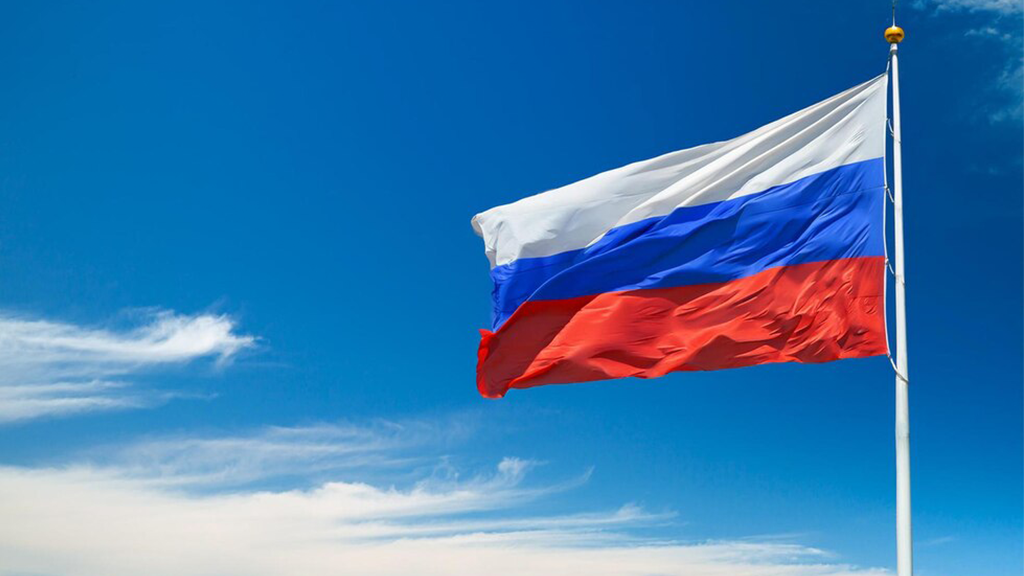
Why Skills-First Leadership Is Replacing the Ivy League Playbook in the C-Suite
The old prestige pyramid—where Ivy League degrees and blue-chip consulting backgrounds paved the way to the CEO seat—is cracking.

May 12, 2025: Ukrainian President Volodymyr Zelensky has publicly challenged Vladimir Putin to attend in-person peace talks, proposing Istanbul as the location. The challenge follows a series of indirect proposals and mixed signals from Moscow, with Putin recently suggesting “direct talks” but failing to confirm attendance or endorse any specific diplomatic framework.
Zelensky’s Position: Direct Accountability
Speaking from Kyiv, Zelensky emphasized the need for face-to-face negotiations, rejecting further talks mediated by surrogates or conducted without top-level political authority. He framed his invitation as a test of Russia’s sincerity and willingness to pursue a genuine ceasefire. Zelensky stated, “We will not accept ambiguity. I am ready to meet President Putin in Istanbul personally, at any time, but under clear terms.”
Kyiv’s latest demand comes amid a shifting international landscape, with renewed diplomatic involvement from the Trump administration and ongoing ceasefire proposals circulating through European and Turkish intermediaries.
Putin’s Stance: Ambiguity and Deflection
In a televised address, Putin offered “direct dialogue” but stopped short of agreeing to an in-person summit. Russian officials later declined to confirm the commitment, citing security concerns and procedural issues. No senior Kremlin figure has indicated a willingness to participate directly in Istanbul.
Meanwhile, Moscow has escalated attacks in the Donetsk and Zaporizhzhia regions, casting further doubt on the authenticity of its peace overtures. Kyiv’s military intelligence warns that Moscow could leverage ceasefire proposals as a stalling tactic.
Geopolitical Pressure Mounts
Former U.S. President Donald Trump, now acting as an unofficial mediator, has reportedly urged both sides to meet and resolve the conflict under a framework proposed in Riyadh. Zelensky, however, has made clear that Ukraine will only engage if Russia commits to a verified ceasefire and withdrawal benchmarks.
Diplomatic observers see Zelensky’s public challenge as a strategic move designed to shift diplomatic pressure onto Putin, forcing him to either appear at the table or be seen globally as evading responsibility. The ball rests with the Kremlin as Kyiv waits for a definitive answer.

The old prestige pyramid—where Ivy League degrees and blue-chip consulting backgrounds paved the way to the CEO seat—is cracking.

Loud leaders once ruled the boardroom. Charisma was currency. Big talk drove big valuations.

But the CEOs who make history in downturns aren’t the ones with the deepest cuts

Companies invest millions in leadership development, yet many of their best executives leave within a few years. Why?

The most successful business leaders don’t just identify gaps in the market; they anticipate future needs before anyone else.

With technological advancements, shifting consumer expectations, and global interconnectedness, the role of business leaders

Following a distinguished Law Enforcement career Joe McGee founded The Securitatem Group to provide contemporary global operational specialist security and specialist security training products and services for private clients, corporate organisations, and Government bodies. They deliver a wide range of services, including complete end-to-end protection packages, close protection, residential security, protection drivers, and online and physical installations. They provide covert and overt investigations and specialist surveillance services with a Broad range of weapons and tactical-based training, including conflict management, risk and threat management, tactical training, tactical medicine, and command and control training.

Jay Wright, CEO and Co-Owner of Virgin Wines infectious energy, enthusiasm, passion and drive has been instrumental in creating an environment that encourages talent to thrive and a culture that puts the customer at the very heart of every decision-making process.

Fabio de Concilio is the visionary CEO & Chairman of the Board at Farmacosmo, a leading organization dedicated to mental health and community support services. With a deep commitment to identifying and meeting customer needs, Fabio ensures that high standards are maintained across the board.

Character Determines Destiny – so said Aristotle. And David CM Carter believes that more than anything else. For David, it has been numerous years of research into codifying Entelechy Academy’s 54 character qualities that underpin everything he stands for as a leader and teacher.


Leave us a message
Subscribe
Fill the form our team will contact you
Advertise with us
Fill the form our team will contact you